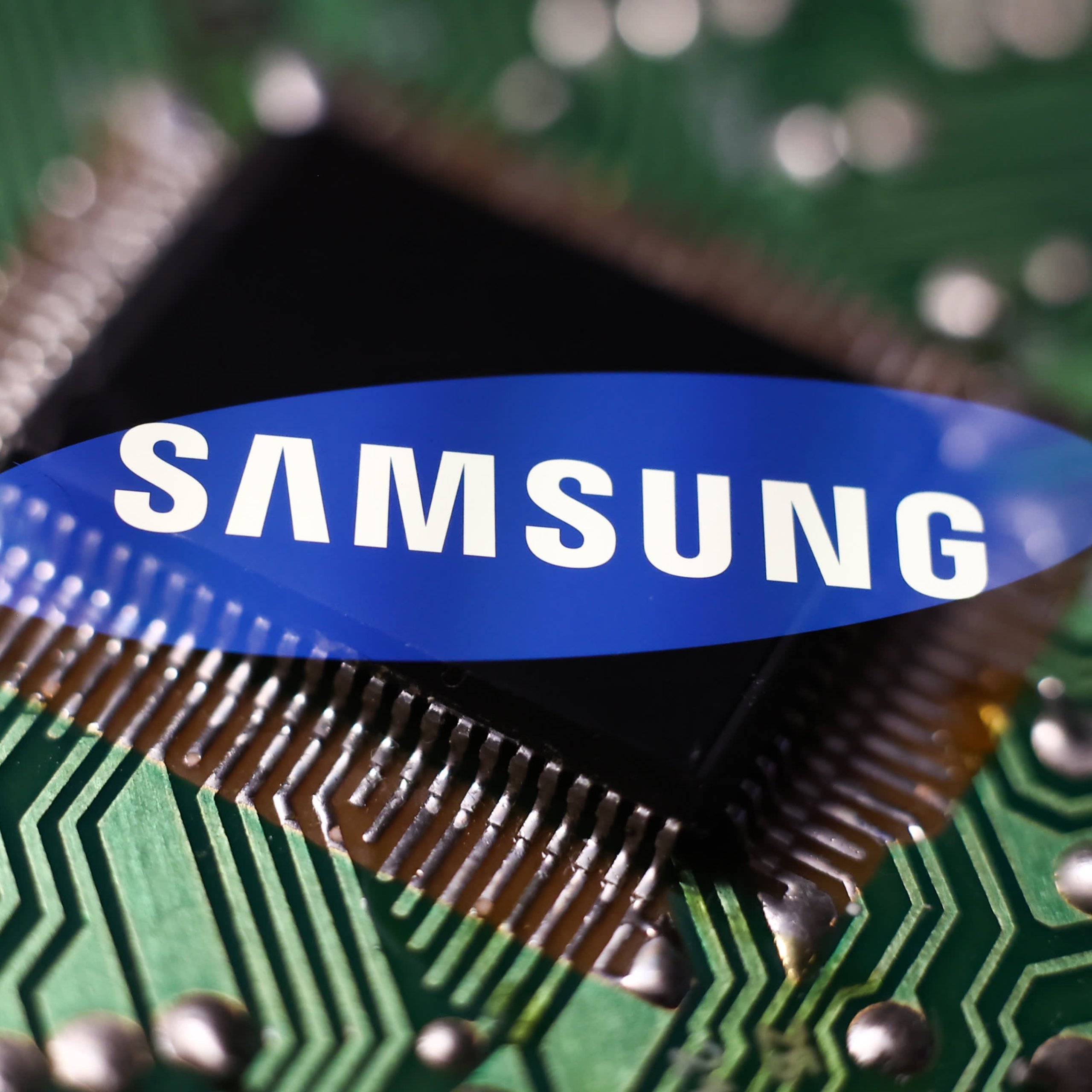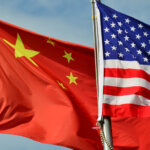As Q2 comes to a close, Samsung Electronics’ semiconductor sales division could overtake its long-standing rival chip foundry, TSMC, after nearly two years. Samsung’s dampened sales in the market were fueled by the global economic slowdown in the second half of 2022, creating a significant dent in the IT and memory markets. However, following the sudden surge in demand for semiconductors in the second half of 2023, Samsung gradually began to recover its waning presence in a TSMS-led market.
In the first quarter of 2024, Samsung Electronics’ Device Solutions (DS) division achieved an operating profit of approximately $1.41 billion, returning to profitability after five quarters. TSMC continued to lead the charge with a market share of 61.7% in the foundry sector, compared to Samsung’s 11%. In a recent post, Samsung Electronics announced its “earnings surprise” in the second quarter of 2024, highlighting an operating profit of approximately 10.4 trillion Korean won and a sales evaluation of an estimated 74 trillion Korean won.
Though the report did not disclose specific semiconductor sales figures in Q2 of 2024, the securities industry estimates the sales of Samsung’s DS (semiconductor) division to be in the range of 27 to 28 trillion won in the second quarter. Hanwha Investment & Securities expressed further optimism around Samsung sales, stating that “current forecasts for Samsung Electronics’ DS division sales in the second quarter range to a maximum of 28.8 trillion won.”
The official results for Q2 are expected to drop at the end of the month. If Samsung Electronics surpasses $28.5 trillion in sales, it would lead the chip foundry race after an eight-quarter lag since the third quarter of 2022, which marked the last time Samsung’s sales outperformed TSMC. With rapid innovation at the forefront of chip design and manufacturing, the tussle between Samsung and TSMC indicates the exponential demand for high-capacity semiconductors such as high-bandwidth memory (HBM) in the global AI arena.






